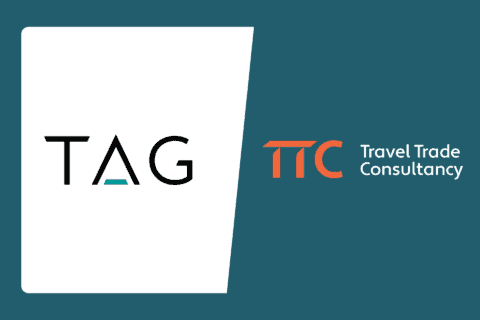In a previous post, we discussed the role of merchant acquirers in the travel industry – and how the pandemic has changed working relationships. But while there are several new challenges that need to be overcome, there are new ways of working that means we can carry on with business ‘almost’ as usual.
The current crisis has thrown a spanner in the works of many business relationships. Everyone has to protect their own interests if they’re to survive the critical months and years to come. We’re seeing that merchant acquirers are being exposed to a large amount of risk, which they have to manage. In other words, they’re looking to pass on some of this risk to clients like you.
You may well have noticed that the acquirers you deal with are asking for additional security. Some may even see you as too great a risk and refuse to take your business. Unless you’re prepared for these eventualities, you’ll end up firefighting to find a solution, or desperately hunting a new acquirer with deadlines looming and little room for manoeuvre.
If you think that the strength of your relationship means you’ll be fine, that may not be the case. Very often, it’s not your account manager who makes the decision but the risk committee who will simply look at the numbers.
Four ways to manage your merchant acquirer
Even if things seem to be on an even keel, you never know what tomorrow may bring. In these uncertain times, it will certainly pay you to be prepared and we’ve highlighted four ways you can do this.
1.Start a Trust Account.
Many merchant acquirers are happy to work with trust accounts, and following the CAA’s recent Consultation, they’re likely to become even more popular. Because trust accounts lessen the chance of chargebacks on failure, merchants will generally ask for less security. However, we’ve seen recent examples where this was not the case. So do check it out.
2. Partner with multiple acquirers.
We’re noticing that more and more specialist gateway providers use smart technology to connect with multiple acquirers and spread risk. One partner, in particular, has formed a “high-risk panel” specialising in servicing businesses that may otherwise be rejected.
3. Reduce card turnover
Whilst you can no longer charge credit card fees or provide financial incentives to pay by other means, we know of some travel firms that have reduced their number of card payments simply by making clients aware that they accept alternative methods of payment. This may not be viable for some businesses, but it’s worth considering options.
4. Know your numbers
If you can understand how the acquirer is viewing risk you may be able to challenge their decision. One of the methods they use is to calculate peak risk exposure. For smaller accounts, they often base this on averages, which you could challenge if you have the figures to back it up.
How can we help
There are a number of ways we can help if a merchant acquirer gives you notice or asks for security. Ideally, you’d start to think about these solutions before it comes to that, but either way, it may be a good idea to talk to us about:
● Extending notice periods. We’ve been successful with many clients who needed more time to find a workable solution.
● Sharing financial forecasts and negotiating security options. Clearly presented financial forecasts can aid with risk calculations and result in a better deal than the one the acquirer has put on the table. Also, if you do move away from your existing acquirer, they will often hold onto existing collateral during a run-off period, so ensuring they understand the departure profile of forward bookings paid by card can aid in these discussions.
● Sourcing a new acquirer. We’re in touch with many acquirers and know who might be open to new business. We can also guide you through the process of using a gateway provider who can effectively act as a broker to find a solution and de-risk your current set-up.
● Cash flow planning. We’ve many years’ experience modelling how new security demands and rolling reserves will impact cash flow, and assessing how different fee structures might affect profit.
If you’d like more information on any of the above, please get in touch.
If you enjoyed this post, why not sign-up for our newsletter? Get our latest blog posts, industry updates and exclusive content. Join our mailing list below.



